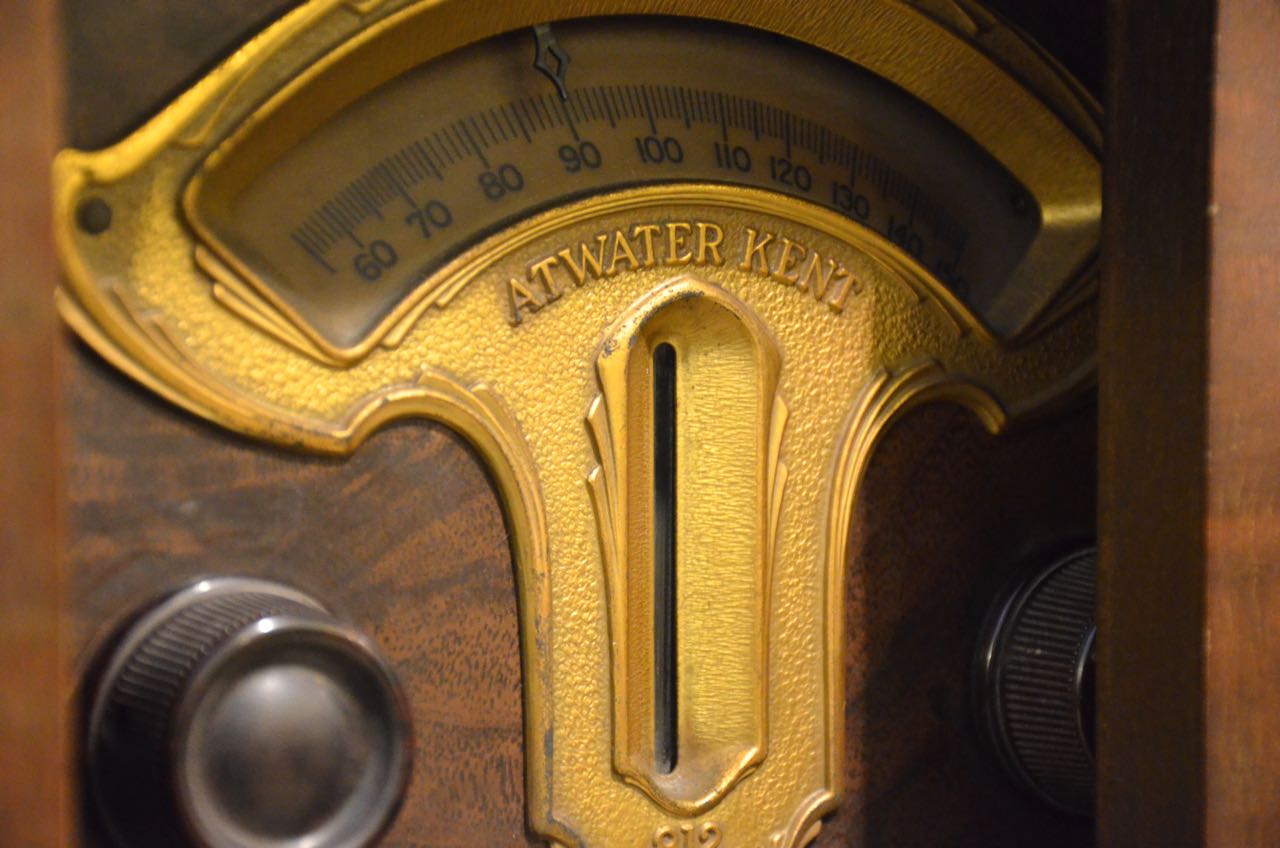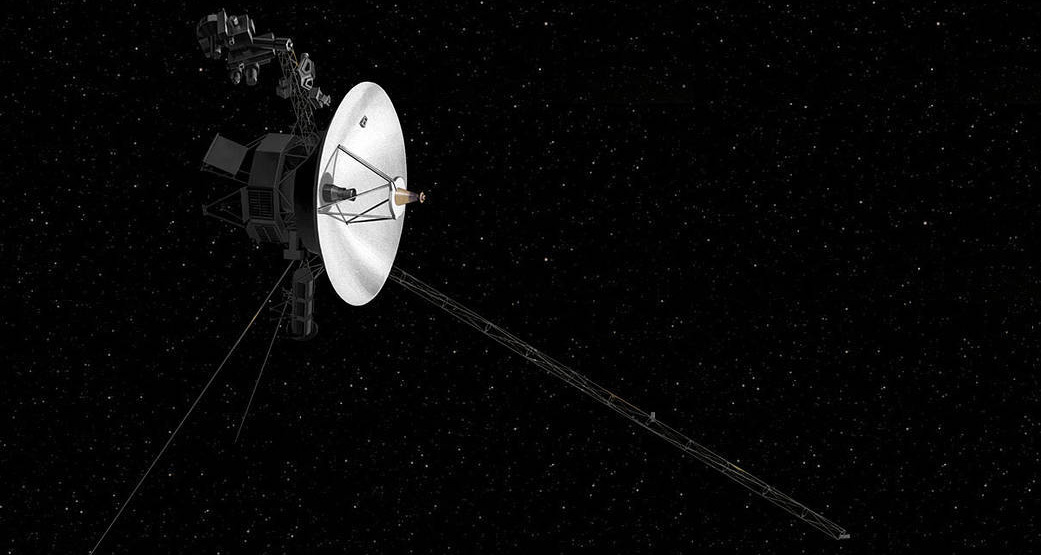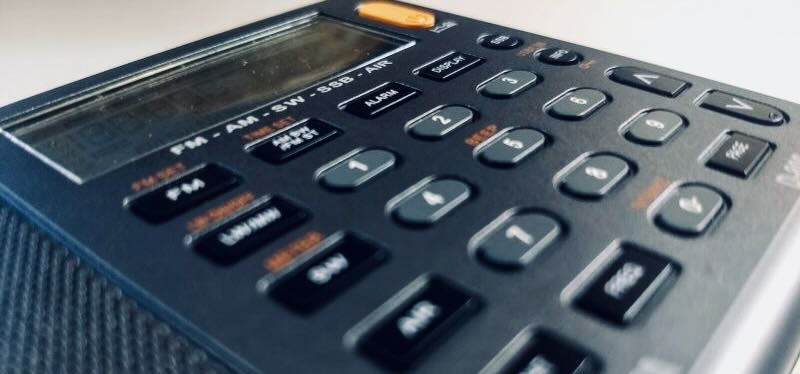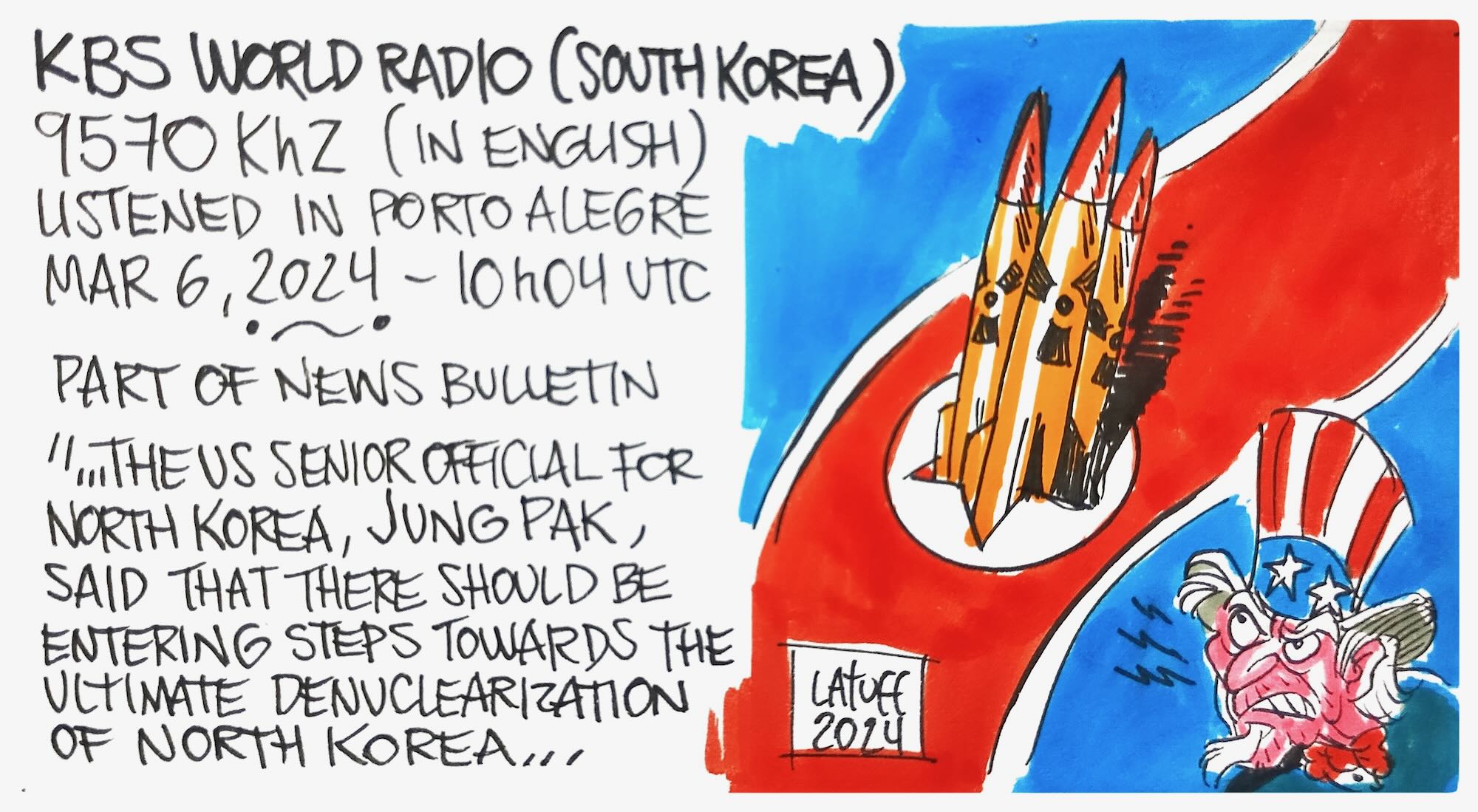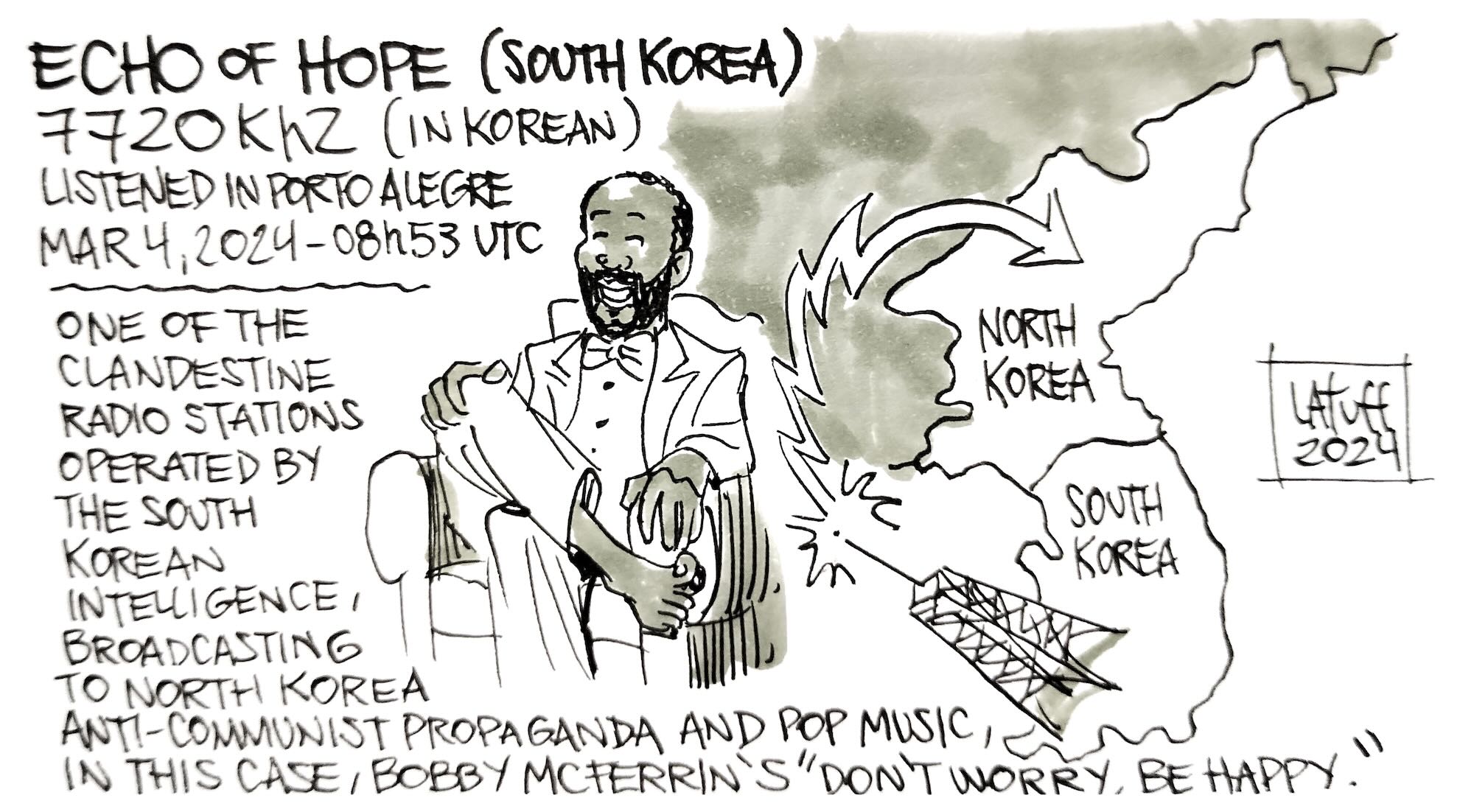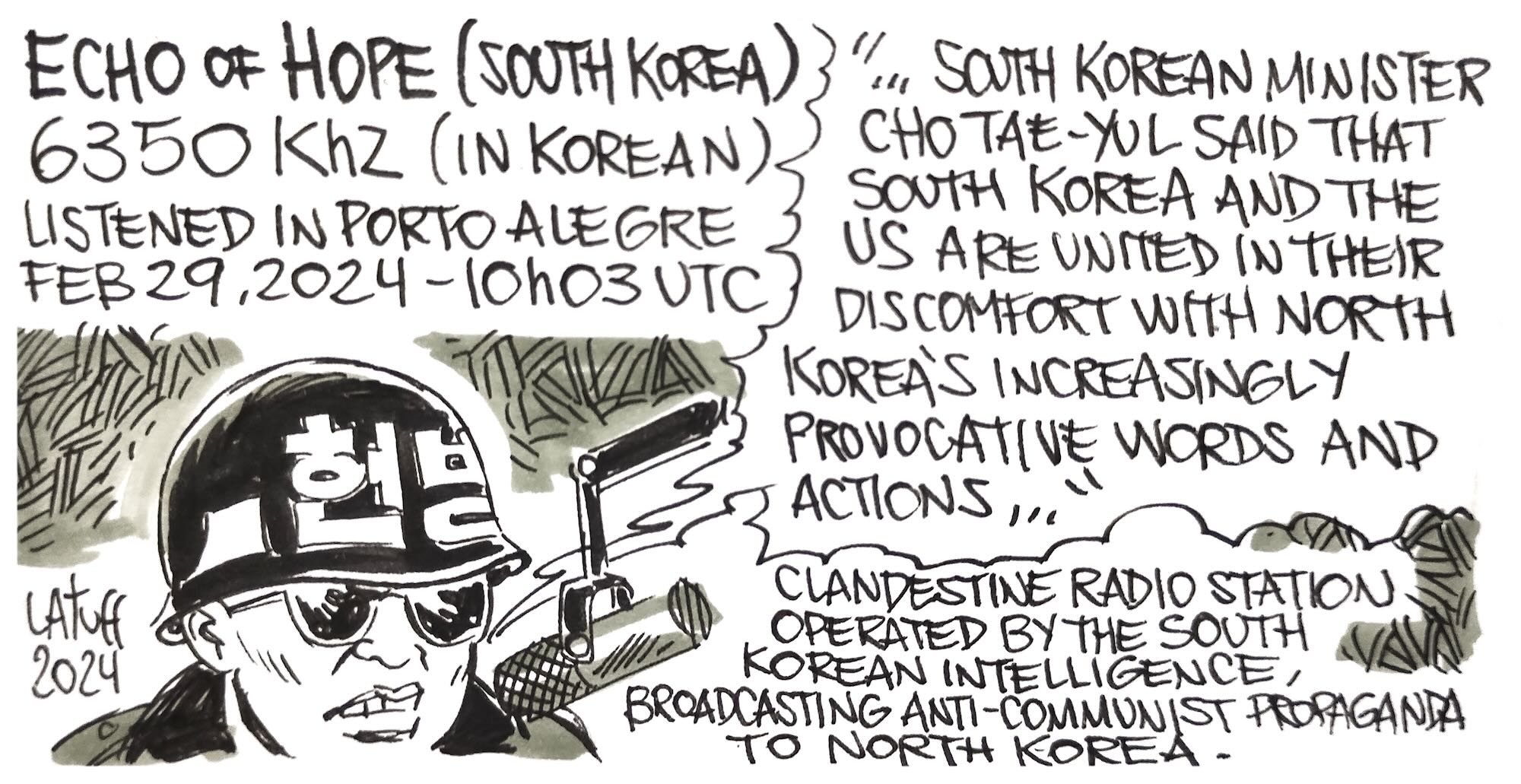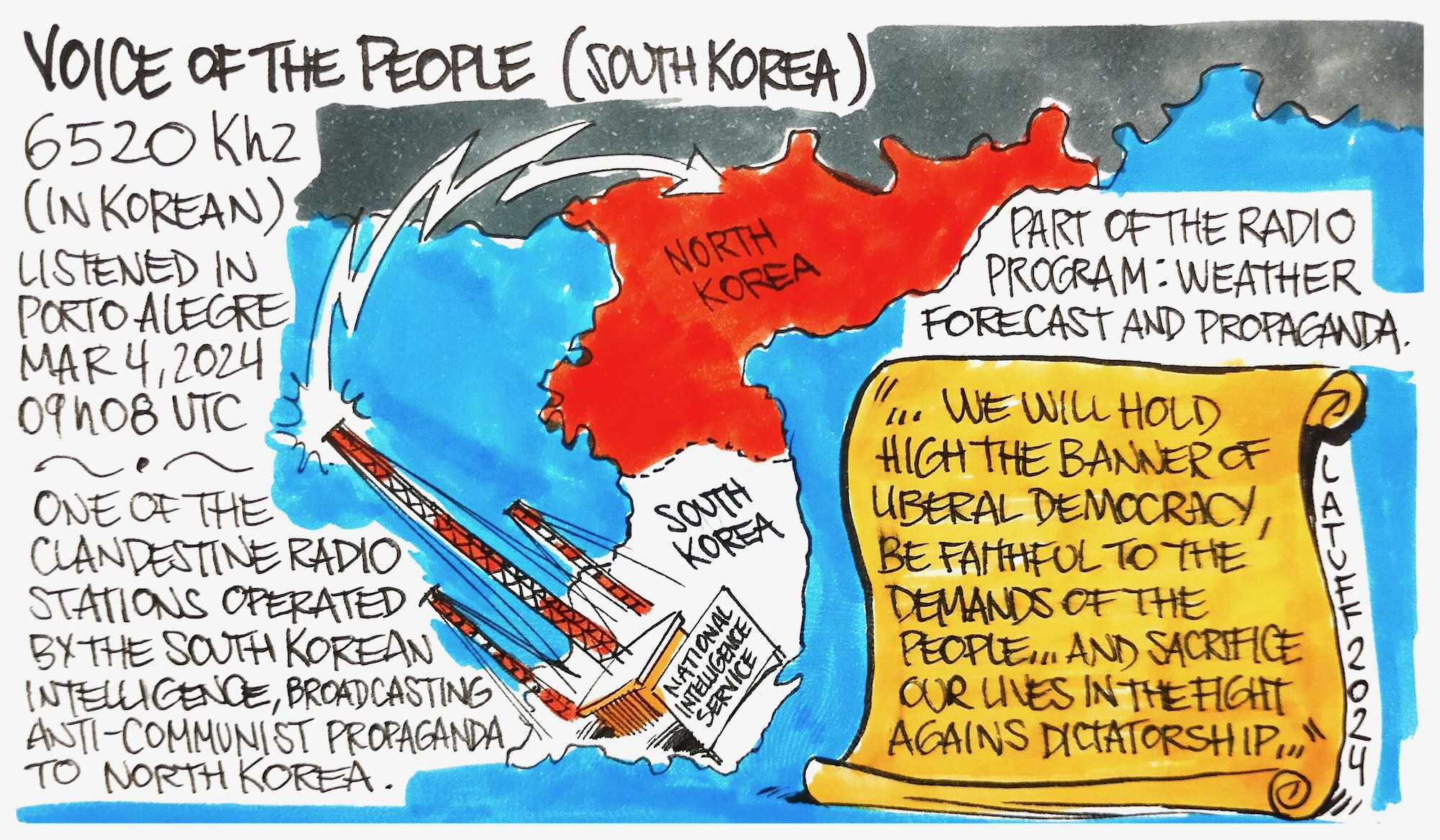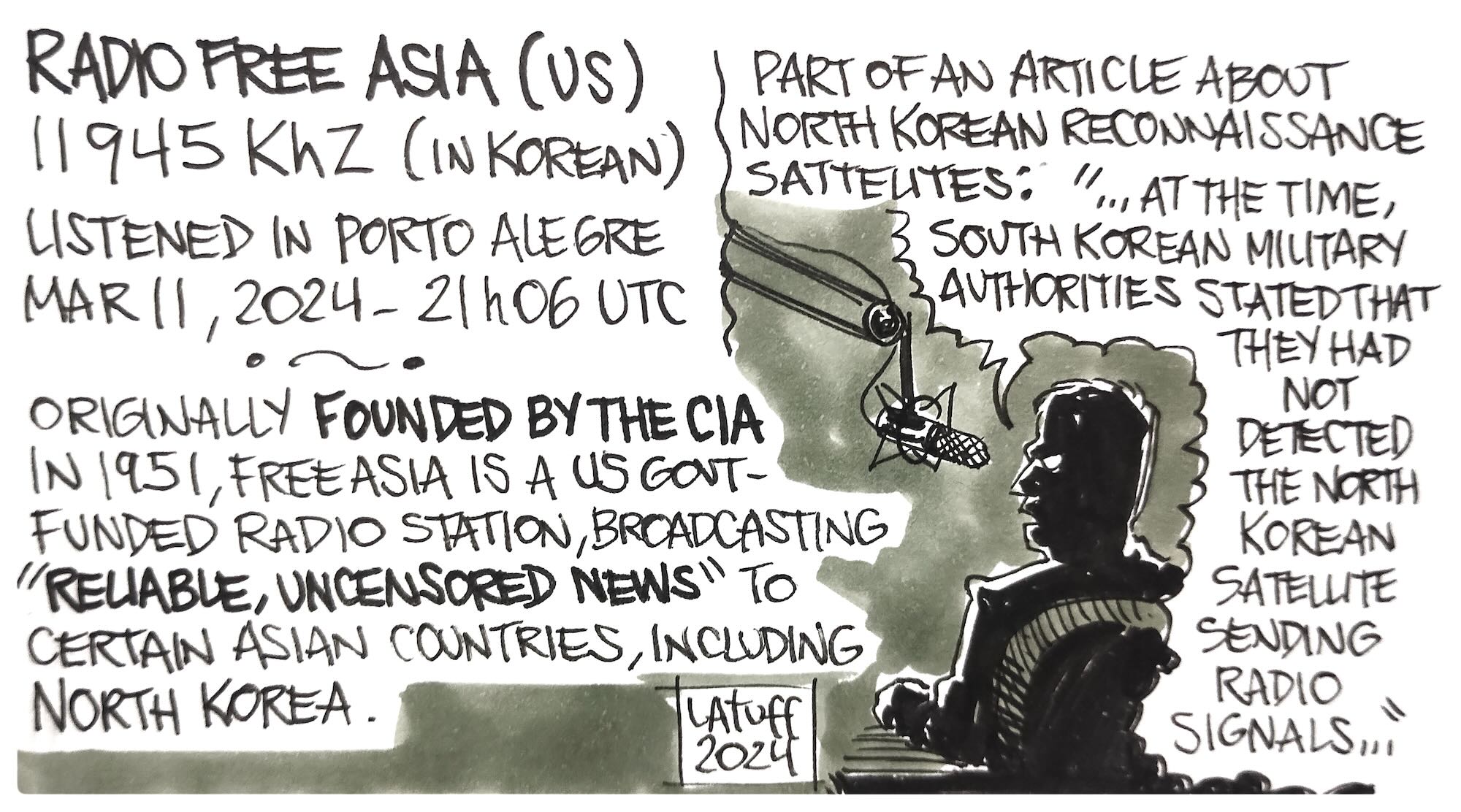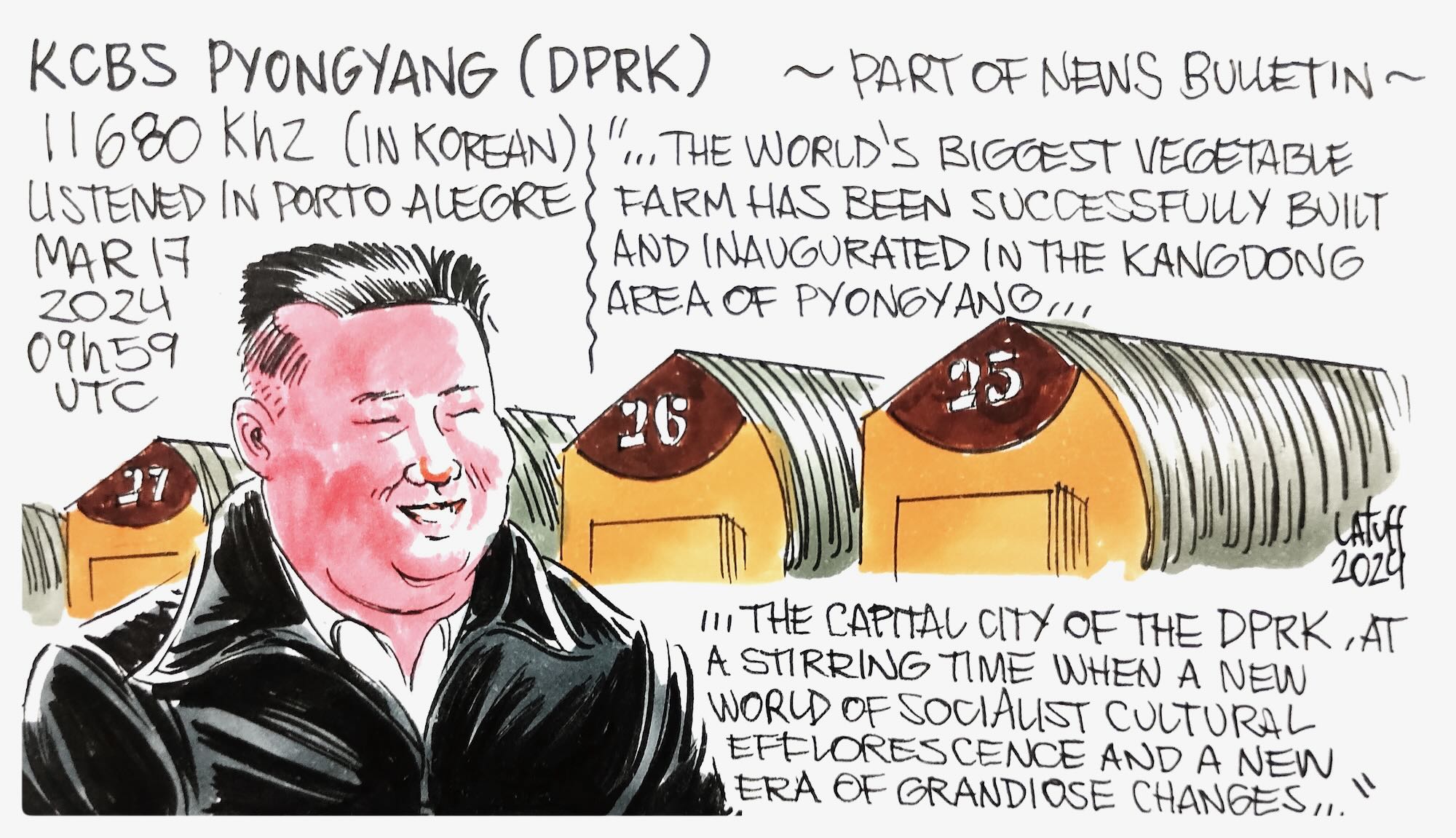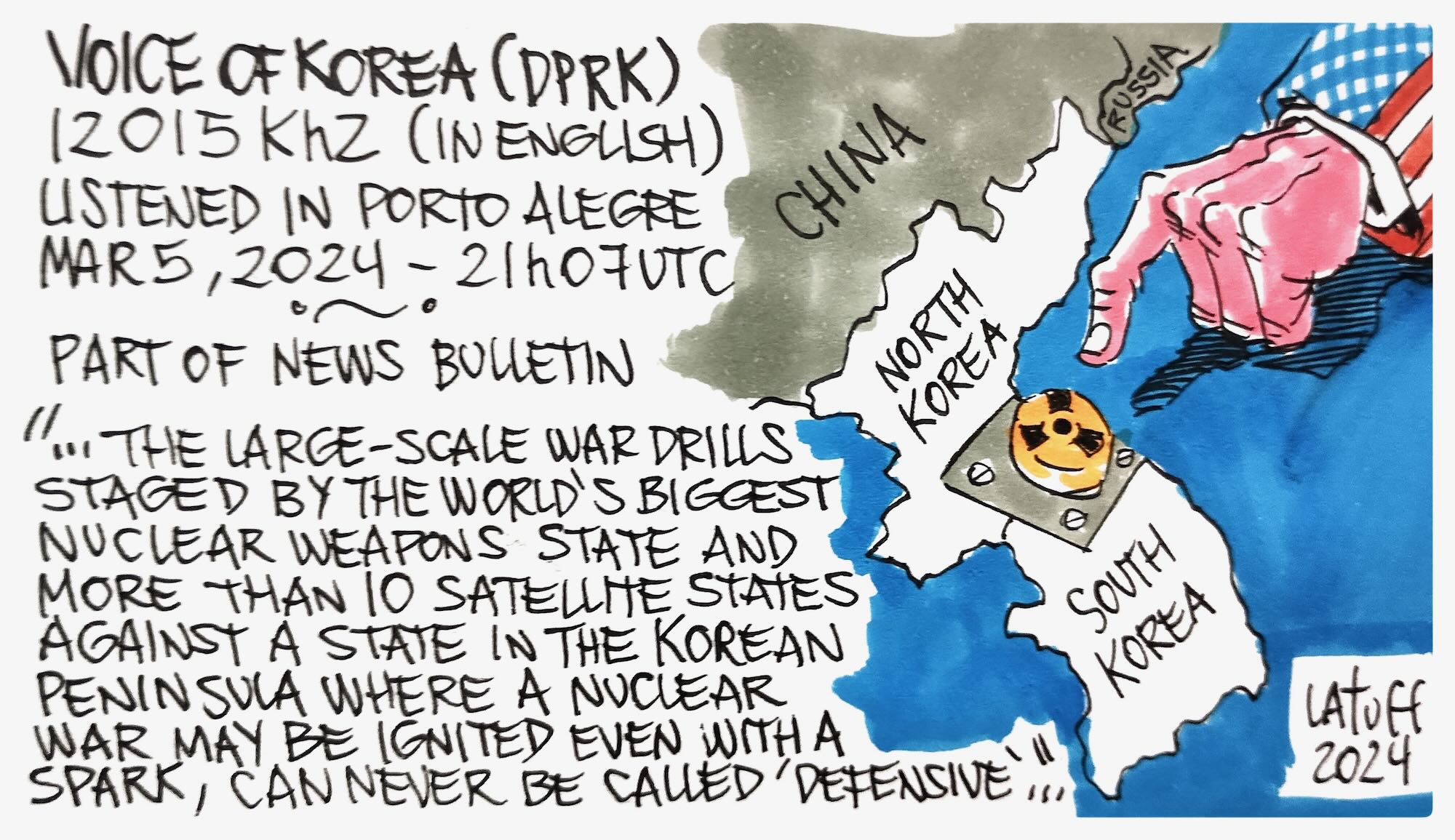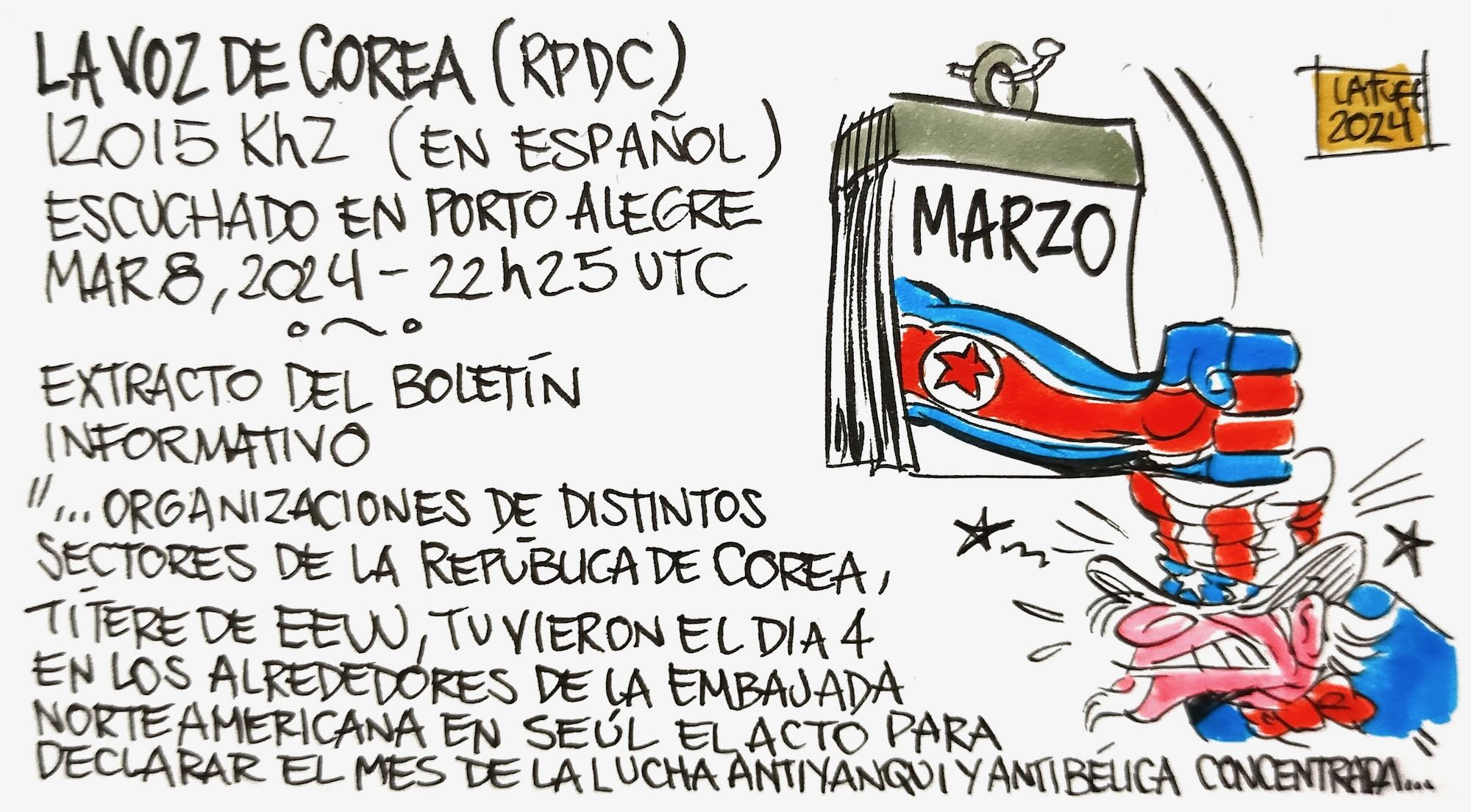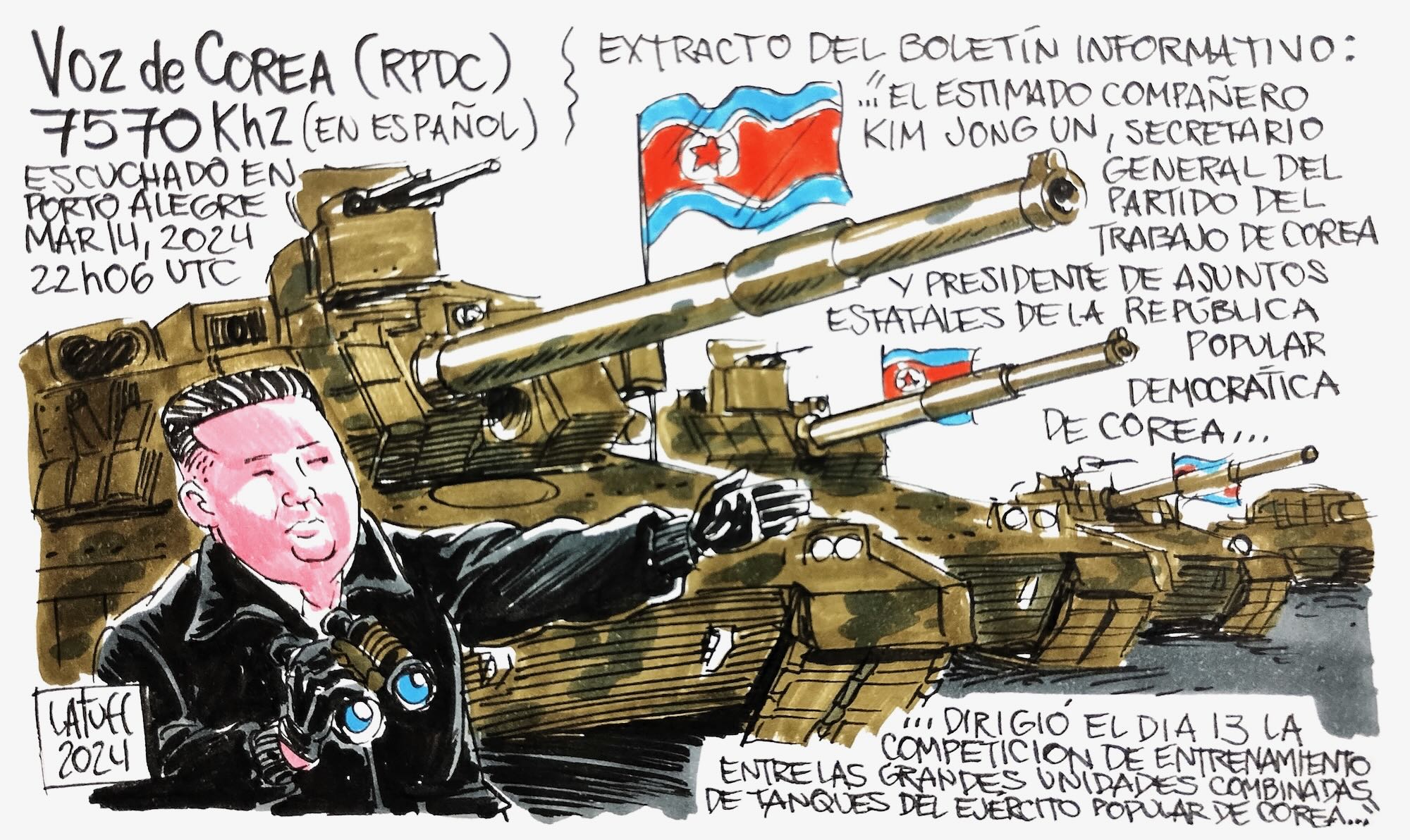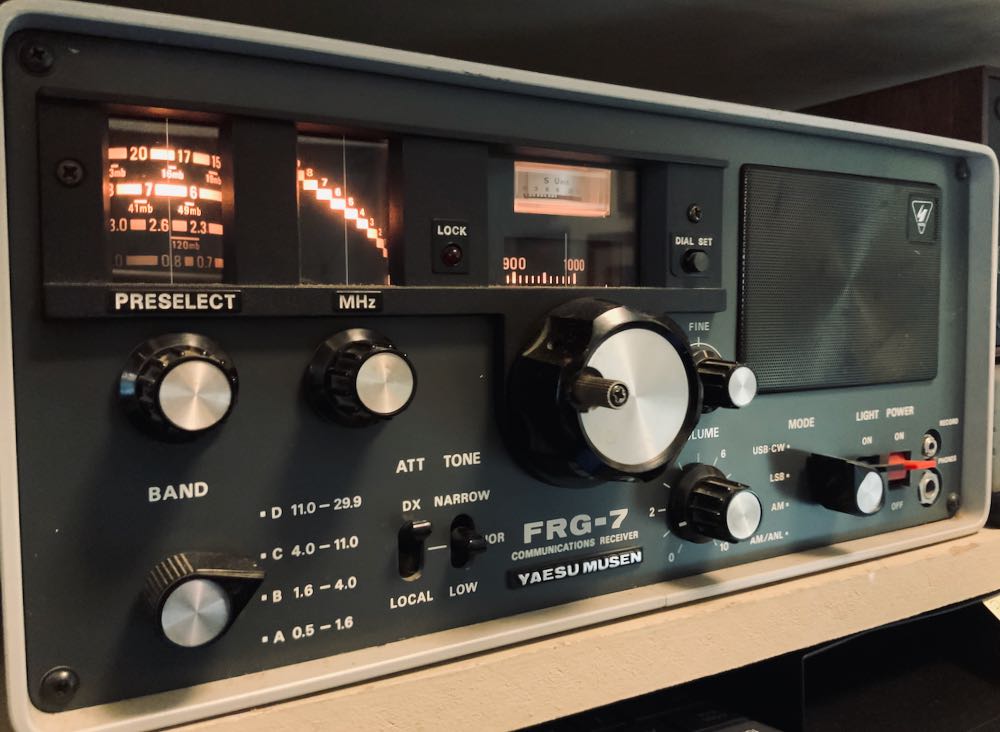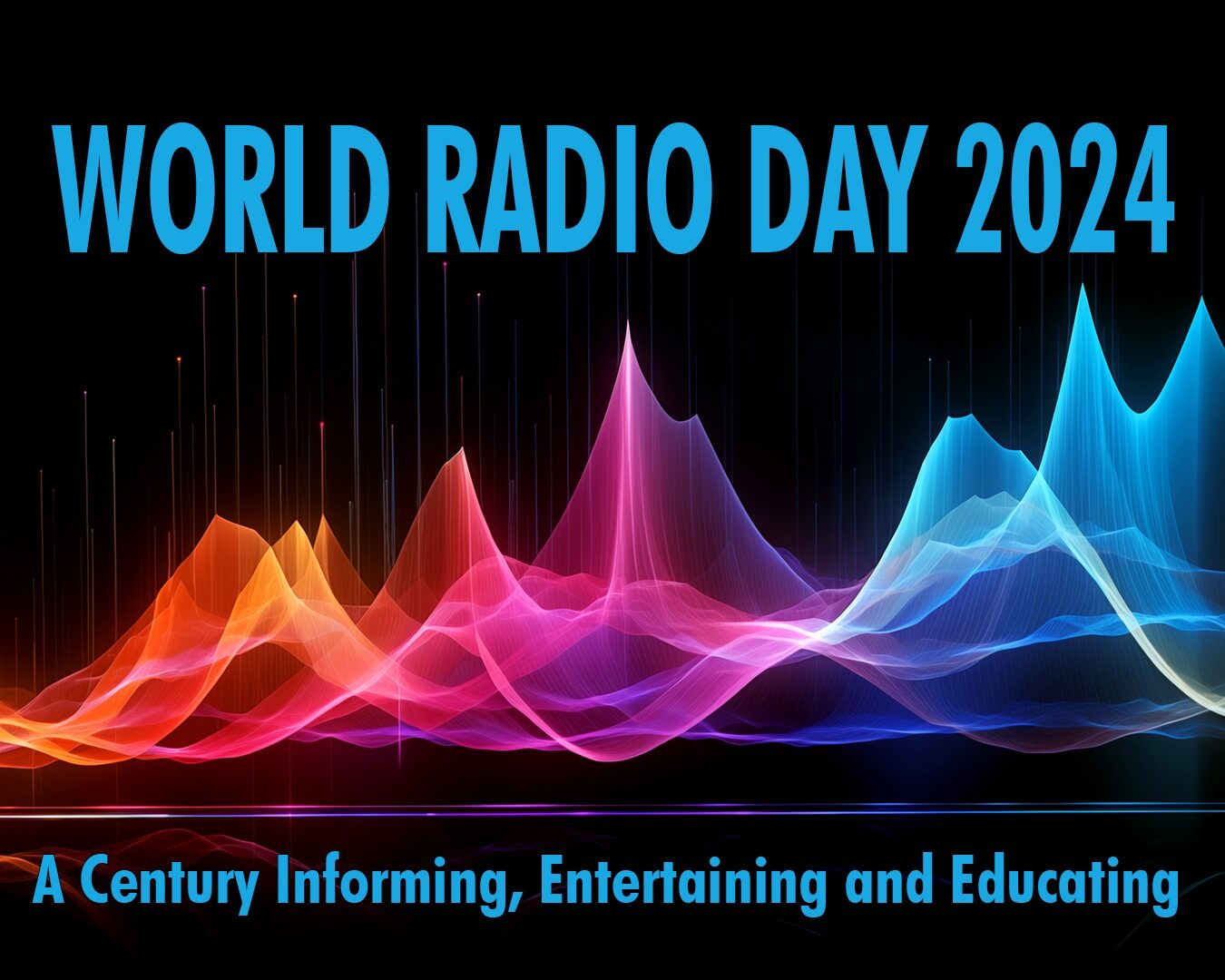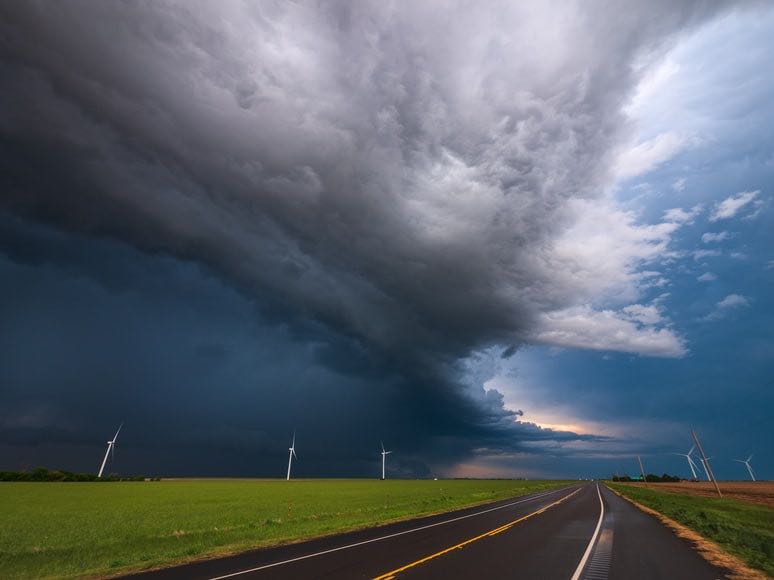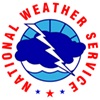Radio Waves: Stories Making Waves in the World of Radio
Welcome to the SWLing Post’s Radio Waves, a collection of links to interesting stories making waves in the world of radio. Enjoy!
Many thanks to SWLing Post contributors Alan, Dan, and Rich Cuff for the following tips:
WQVR(AM) Is Granted CP to Use HEBA Antenna at Night (Radio World)
Developer believes antenna’s smaller footprint can help reduce property needed for AM operators
The FCC in March granted an application for a construction permit filed by WQVR(AM) 940 in Webster, Mass., requesting licensed nighttime operation.
This is noteworthy because WQVR has been licensed to operate during daytime hours with a High-Efficiency Broadband Antenna or HEBA, developed by Worldwide Antenna Systems. [Continue reading…]
Global ‘time signals’ subtly shifted as the total solar eclipse reshaped Earth’s upper atmosphere, new data shows (Live Science)
During the historic April 8 total solar eclipse, a government radio station in Colorado started sending out slightly shifted “time signals” to millions of people across the globe as the moon’s shadow altered the upper layers of our atmosphere. However, these altered signals did not actually change the time. [Continue reading…]
Nathan Butts: A Novice’s Guide to Radio Astronomy (YouTube)
NASA’s Voyager 1 Resumes Sending Engineering Updates to Earth (NASA JPL)
For the first time since November, NASA’s Voyager 1 spacecraft is returning usable data about the health and status of its onboard engineering systems. The next step is to enable the spacecraft to begin returning science data again. The probe and its twin, Voyager 2, are the only spacecraft to ever fly in interstellar space (the space between stars).
Voyager 1 stopped sending readable science and engineering data back to Earth on Nov. 14, 2023, even though mission controllers could tell the spacecraft was still receiving their commands and otherwise operating normally. In March, the Voyager engineering team at NASA’s Jet Propulsion Laboratory in Southern California confirmed that the issue was tied to one of the spacecraft’s three onboard computers, called the flight data subsystem (FDS). The FDS is responsible for packaging the science and engineering data before it’s sent to Earth.
The team discovered that a single chip responsible for storing a portion of the FDS memory — including some of the FDS computer’s software code — isn’t working. The loss of that code rendered the science and engineering data unusable. Unable to repair the chip, the team decided to place the affected code elsewhere in the FDS memory. But no single location is large enough to hold the section of code in its entirety.
So they devised a plan to divide the affected code into sections and store those sections in different places in the FDS. To make this plan work, they also needed to adjust those code sections to ensure, for example, that they all still function as a whole. Any references to the location of that code in other parts of the FDS memory needed to be updated as well.
The team started by singling out the code responsible for packaging the spacecraft’s engineering data. They sent it to its new location in the FDS memory on April 18. A radio signal takes about 22 ½ hours to reach Voyager 1, which is over 15 billion miles (24 billion kilometers) from Earth, and another 22 ½ hours for a signal to come back to Earth. When the mission flight team heard back from the spacecraft on April 20, they saw that the modification worked: For the first time in five months, they have been able to check the health and status of the spacecraft.
During the coming weeks, the team will relocate and adjust the other affected portions of the FDS software. These include the portions that will start returning science data.
Voyager 2 continues to operate normally. Launched over 46 years ago, the twin Voyager spacecraft are the longest-running and most distant spacecraft in history. Before the start of their interstellar exploration, both probes flew by Saturn and Jupiter, and Voyager 2 flew by Uranus and Neptune.
Caltech in Pasadena, California, manages JPL for NASA.
Do you enjoy the SWLing Post?
Please consider supporting us via Patreon or our Coffee Fund!
Your support makes articles like this one possible. Thank you!

